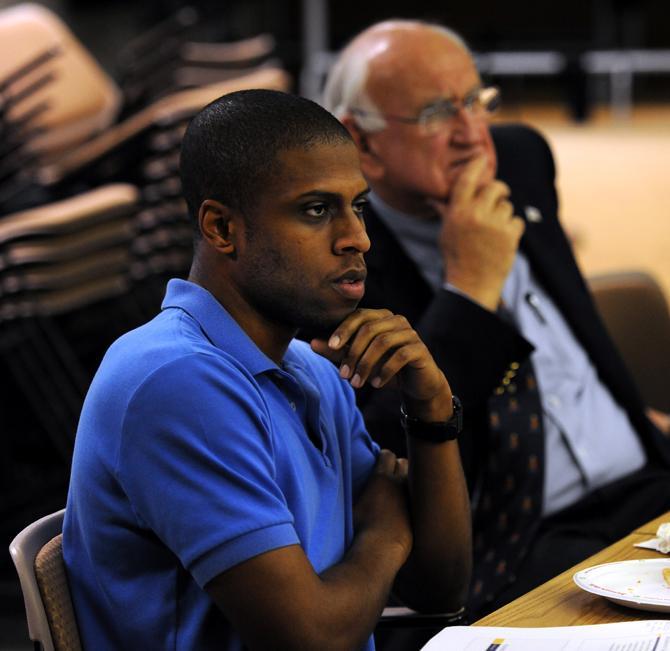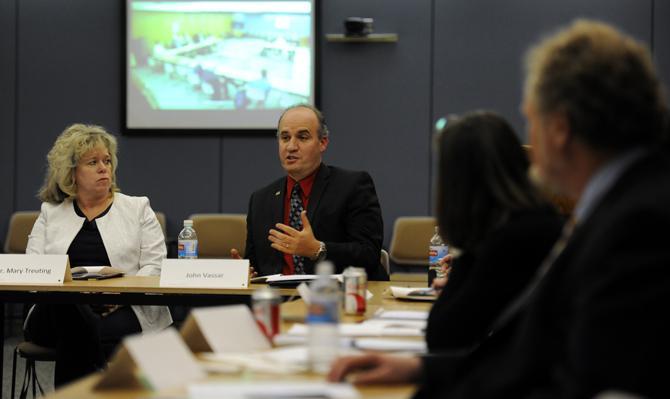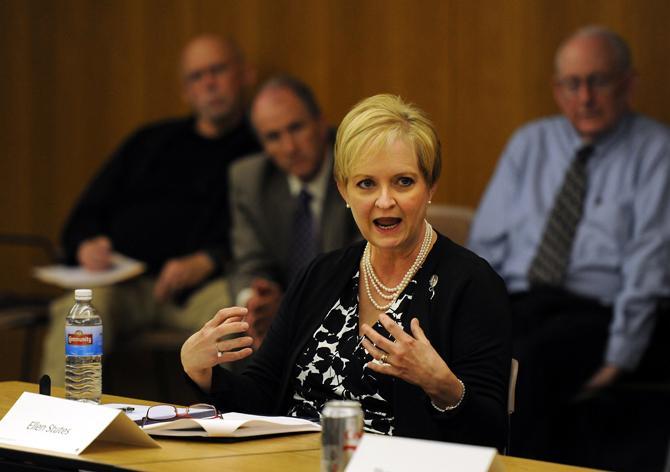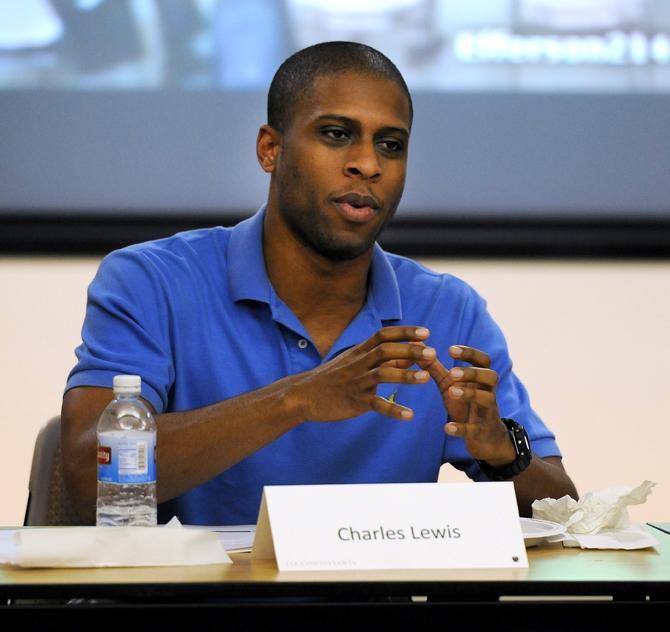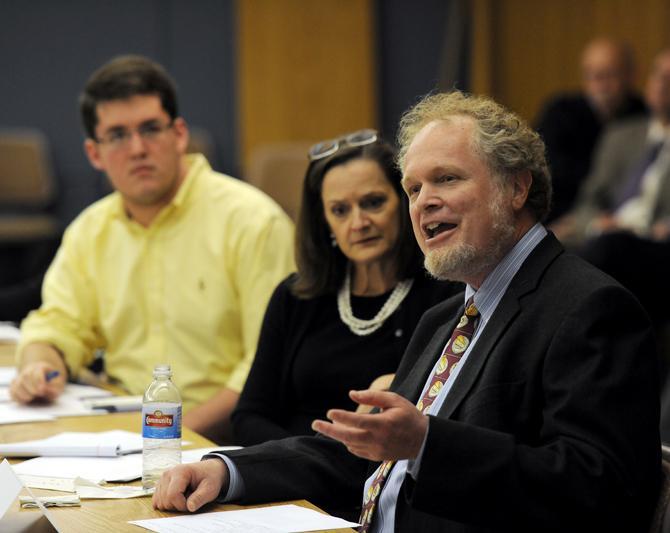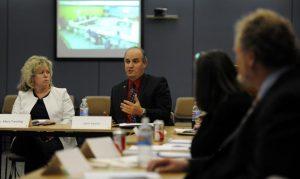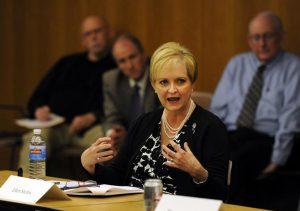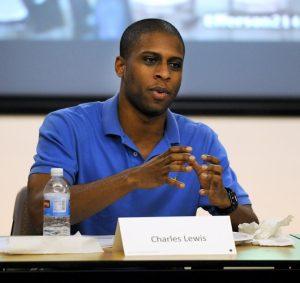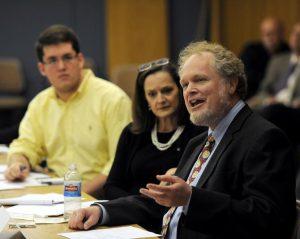Members of the Transition Advisory Team’s Academic subcommittee expressed concerns and hopes about the University retaining its flagship status and autonomy Wednesday during a committee meeting to discuss the LSU System reorganization.
The Transition Advisory Team is undertaking the reorganization of the LSU System, which LSU System Interim President and Chancellor William “Bill” Jenkins said is a necessity as funding is cut and the structure of higher education changes.
Microbiology junior and subcommittee member Charles Lewis said many students are concerned about preserving the LSU Baton Rouge campus as the flagship institution.
“As students, we’re scared about losing the value of our degree. We’re afraid of the resources we have here at LSU being allocated to other places and losing them,” Lewis said. “The flagship can help other campuses, but how will the other campuses help us?”
Thomas Rodgers, mass communication senior and director of Academic Affairs for Student Government, said the University has an opportunity to increase online learning.
“I’m from Mississippi, and when I came here, I was shocked at the lack of online courses. I definitely see opportunities for students in Shreveport to take classes offered by a professor in Baton Rouge,” Rodgers said.
Jenkins said he is concerned with online learning. He said he is worried that a degree from an online college will be equated with a degree from universities like LSU.
Many of the representatives of other LSU System campuses said they are concerned about maintaining autonomy while also working collaboratively.
“We would like the opportunity to share resources. We have some things we can offer the other schools in the system,” said Ellen Stutes, associate professor of mathematics at LSU-Eunice. “But we have concerns about the autonomy and governance of our campus. How will it be structured? Who will be in charge?”
William Corbett, Paul M. Hebert Law Center professor, said the Law Center considers itself part of LSU, but does not want to get lost in the mix and change what makes it nationally competitive.
“Our curriculum is different [from other law schools]. We do things that others do not,” Corbett said. “We are concerned as a campus about autonomy and authority in areas of tuition, faculty, admissions.”
Faculty Senate President Kevin Cope said they need to evaluate what it means to be a comprehensive university.
“What are we going to do where?” Cope asked. “We are a comprehensive university, but maybe not comprehensive in one place.”
Stacie Haynie, a political science professor, said collaboration is key.
“We change lives with what we do. We all work with incredibly dedicated faculty, bright students and hardworking staff,” Haynie said. “It’s the collaboration of those individuals that will allow us to resolve our issues.”
“As students, we’re scared about losing the value of our degree.”



